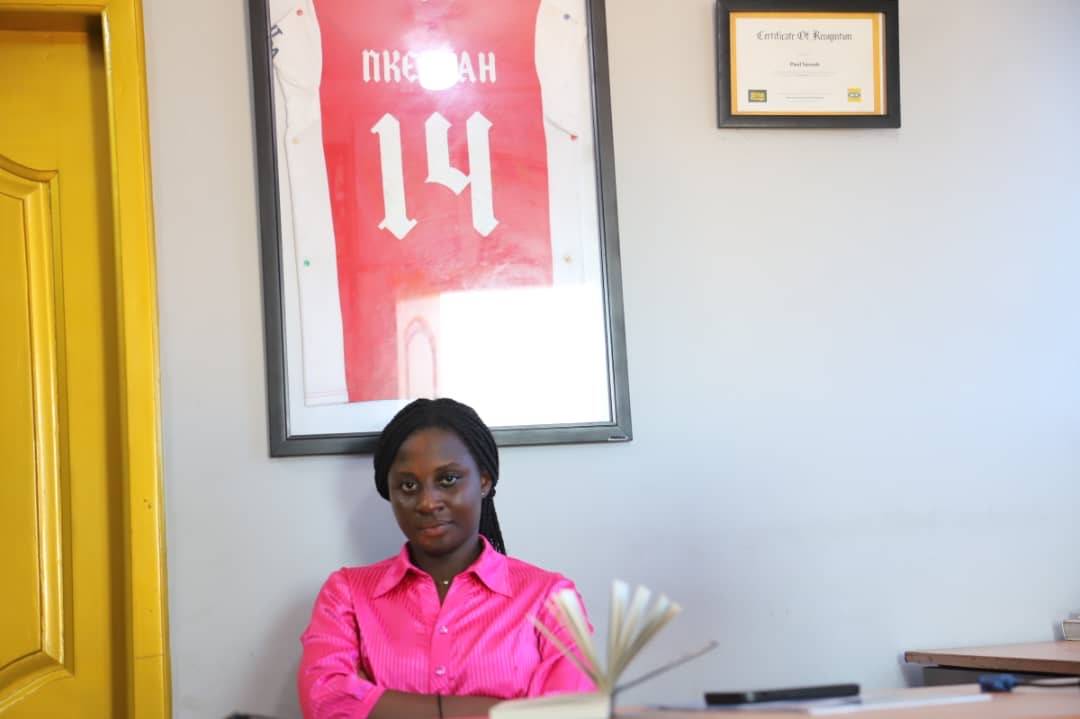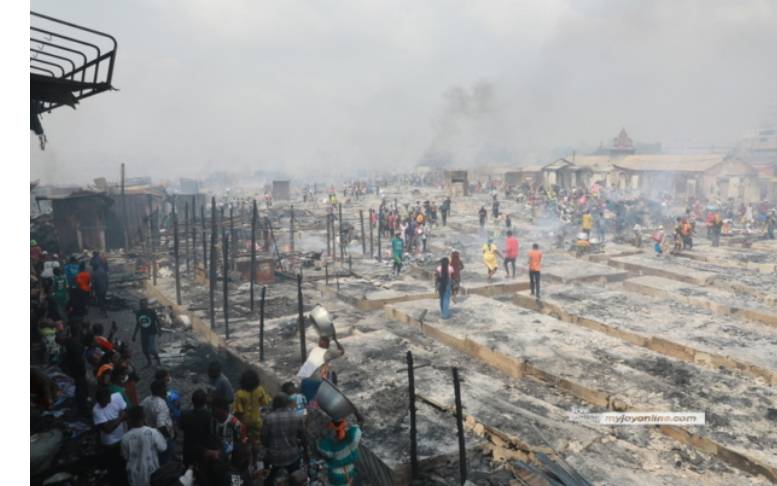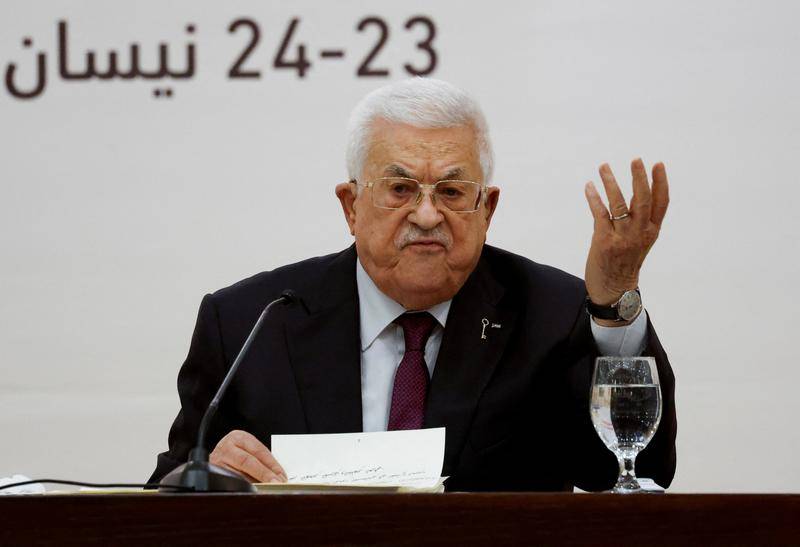Fire Commander Warns Market Fires Will Persist If Traders Keep Living on Premises
The Greater Accra Regional Fire Commander, ACFO II Rashid Kwame Nisawu, has sounded the alarm over the persistent fire outbreaks in Ghanaian markets, attributing them to the risky practice of vendors turning market stalls into living spaces. Speaking at the JoyNews National Dialogue on Ghana’s recurring fire incidents held on April 3, ACFO II Nisawu emphasized that unless urgent reforms are implemented, the country will continue to experience devastating market fires.
He pointed out that many markets across Ghana have become more than just centers of commerce—they now serve as makeshift homes for traders. This trend, he explained, poses a serious fire hazard. According to him, many vendors cook, sleep, and even bathe within market premises, often using open flames like candles or mosquito coils during the night. These sources of fire, if left unattended while vendors fall asleep, can easily ignite nearby items, setting off uncontrollable blazes.

“Until we clearly designate markets for trade purposes only—prohibiting activities such as cooking and sleeping—we will continue to face challenges with fire outbreaks,” ACFO II Nisawu cautioned.
He also highlighted the danger of poor storage practices within markets. Many traders store highly flammable goods in unsafe ways, further increasing the risk of fires. Using the recent fire incident in Adum, located in the Ashanti Region, as a case study, the Fire Commander noted that during the blaze, explosions were heard in specific areas. This, he said, was a sign that dangerous, combustible materials had been stored in the vicinity. Such items, once ignited, intensify the spread and severity of fires, making them much harder to control.

Investigations into previous fire incidents have revealed that the very goods traders sell often serve as fuel for the fires, worsening their impact. Items like textiles, plastic goods, cooking oil, and other flammable merchandise can quickly turn a small flame into a full-scale disaster.
In light of these recurring dangers, ACFO II Nisawu called for a comprehensive restructuring of how markets are planned and managed. He advocated for the creation of properly designed and regulated market environments where traders are restricted to using the spaces for business only. This would mean strict enforcement of policies banning overnight stays, cooking, and storage of hazardous substances.

Additionally, he recommended the implementation of a clear market segmentation system. Traders dealing in similar types of goods should be grouped into designated sections. For instance, textile sellers should have their own lane, separate from vendors dealing in food items or other materials. This segmentation, he explained, would minimize the risk of fires spreading rapidly across the market, especially when flammable goods are kept in close proximity to each other.
ACFO II Nisawu’s message was clear: without a major shift in how Ghana’s markets are structured and used, fire outbreaks will continue to threaten lives, livelihoods, and economic stability. He called for cooperation between government agencies, market associations, and individual traders to ensure the safety of these vital economic hubs.
 blogpay
blogpay



























Total Comments: 0